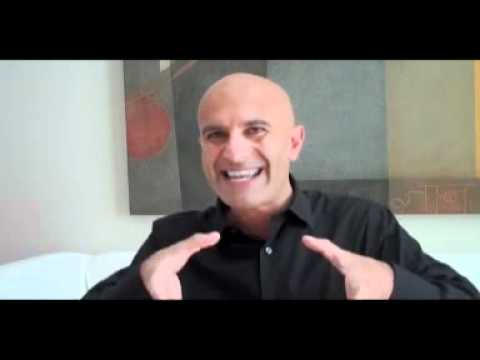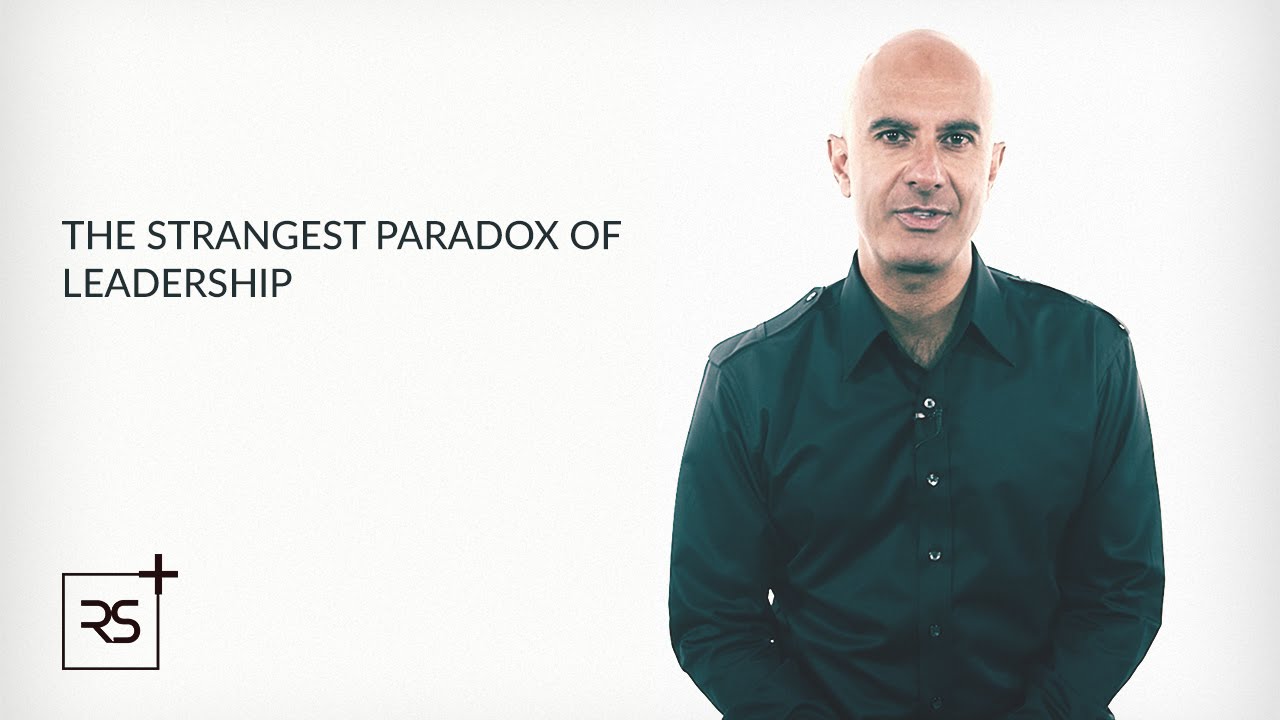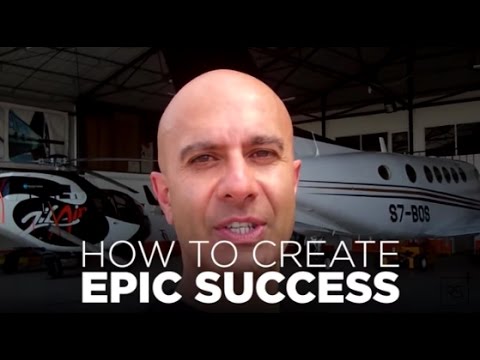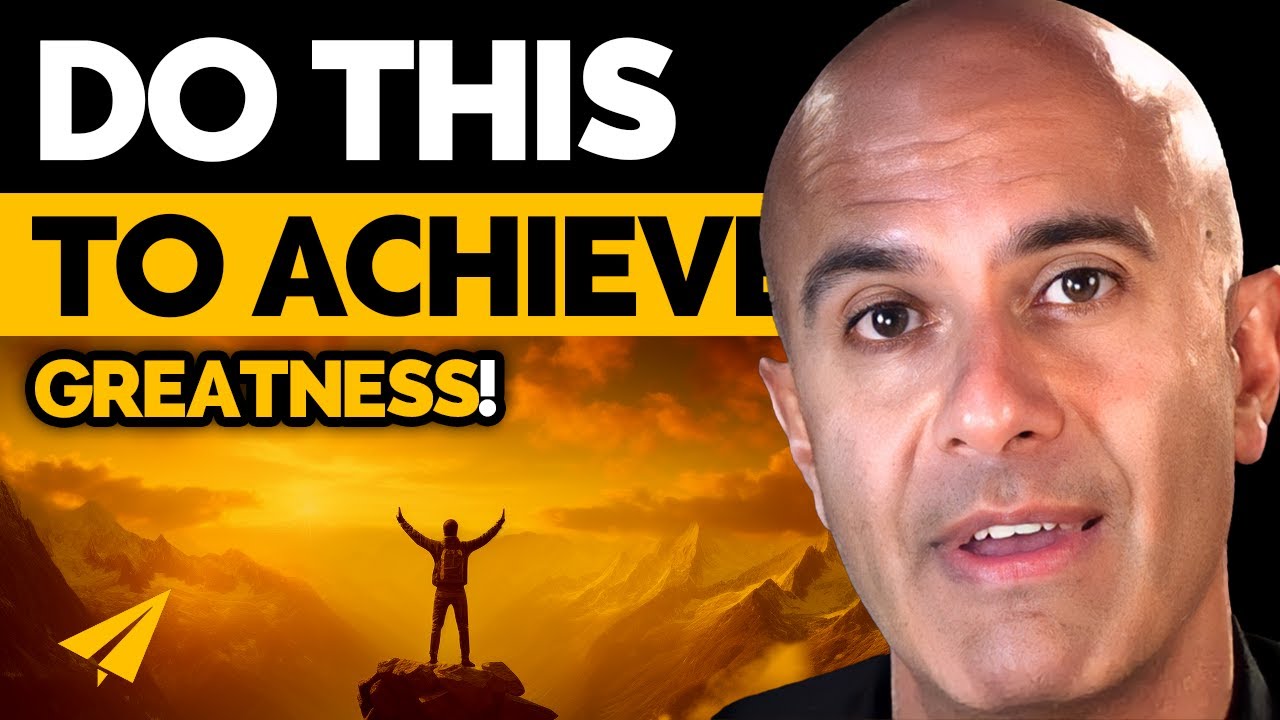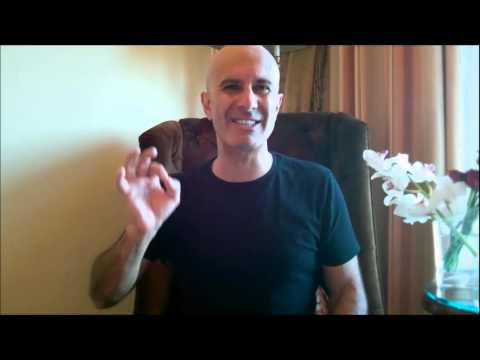How to lead the Millennials with Simon Sinek
According to Simon Sinek, Millennials are no different when it comes to what they way, in comparison with any other generation, the only difference being that Millennials are the first generation with the guts to ask for it and to expect it.
Here are some of Simon’s ideas on how to lead the Millennials:
- Youth should reduce their exposure to technology, specifically cellphones. There is a strong correlation of addiction with technology and the dopamine cellphones release in our brains. That awareness was part of their climb to such global success.
2. In a 2012 study, Harvard research scientists reported that talking about oneself through social media activates a pleasure sensation in the brain usually associated with food, money and sex. It’s why we count the likes, it’s why we go back ten times to see if the interaction is growing, and if our Instagram is slowing we wonder if we have done something wrong, or if people don’t like us anymore. The trauma for young kids to be unfriended it too much to handle. We know when you get the attention it feels good, you get a hit of dopamine which feels good which is why we keep going back to it. Dopamine is the exact same chemical that makes us feel good when we smoke, when we drink and when we gamble. In other words, it’s highly, highly addictive…
3. They care more about the short-term gains than the life of this young human being. We care more about the year than the lifetime. We are putting them in corporate environments that are not helping them build their confidence. That aren’t helping them learn the skills of cooperation. That aren’t helping them overcome the challenges of a digital world and finding more balance. That isn’t helping them overcome the need for instant gratification and teach them the joys and impact and the fulfillment you get from working hard on something for a long time that cannot be done in a month or even in a year.
4. There should be no cellphones in conference rooms. When sitting and waiting for a meeting to start, instead of using your phone with your head down, everyone should be focused on building relationships. We ask personal questions, “How’s your dad? I heard he was in the hospital.” “Oh he’s really good thanks for asking. He’s actually at home now.” “Oh I’m glad to hear that.” “That was really amazing.” “I know, it was really scary for a while there.” — That’s how you form relationships. “Hey did you ever get that report done?” “No, I totally forgot.” “Hey, I can help you out. Let me help you.” “Really?” — That’s how trust forms. Trust doesn’t form at an event in a day. Even bad times don’t form trust immediately. It’s the slow, steady consistency and we need to create mechanisms where we allow for those little innocuous interactions to happen.
5. None of us should charge our phones by our beds. We should be charging our phones in the living rooms. Remove the temptation. We wake up in the middle of the night because you can’t sleep, you won’t check your phone, which makes it worse. But if it’s in the living room, it’s relaxed, it’s fine. Some say “but it’s my alarm clock.” Buy an alarm clock. They cost eight dollars.
6. The most important sentiments any leader can express to someone in their charge is “I’ve got your back. There’s nothing you can break that I can’t help put back together. I believe in you even when you no longer believe in yourself.”
7. We organize ourselves around the people and companies who seem to share our values, the same way our ancestors organized themselves into tribes. The best leaders are the ones who can express their fundamental why.
How to lead without a title with Robin Sharma
Robin Sharma is one of the best leadership experts in the world and was a speaker at BRAND MINDS 2018.
BRAND MINDS is The Central and European Business Summit taking place in Bucharest, Romania.
Even though positions are important for the good running of an organization, Robin Sharma believes more in the new model of leadership (leadership 2.0), that is all about every single stakeholder showing leadership in the work they do.
Leadership is no longer about positions, but about passion. It’s no longer about the image, but the impact.
This is really all about distributed leadership.
Every single person who works within a business, for example, owns the responsibility of showing leadership at their craft.
Moreover, according to Robin Sharma, in a business world without titles, there are 4 important tactics one should think about and use:
- If you can’t lead yourself, you can’t lead others. We have no business leading others into greatness if our own personal lives are a train-wreck. Being successful in the game of life precedes great leadership. Face whatever personal issues you’ve been avoiding head on and clean up on all fronts.
2. Never make anyone feel as if there isn’t room in the lifeboat. No matter the mistake, no matter what mile a person is at on their road to mastery, always be ready and willing to throw a lifeline – lend a hand, offer insight, donate your time, run out for coffee. The winners understand that strengthening capacity at every level, in every person, is the way to win.
3. Watch Invictus. Clint Eastwood’s excellent and entertaining reminder of great leadership. Morgan Freeman performs as Nelson Mandela. The film teaches us how to eloquently execute astonishing acts of forgiveness, compassion and moving upward when circumstances and people hold the potential to yank you into victimhood.
4. Stay Strong “secure your oxygen mask first before assisting others.” Do you know where your oxygen comes from? Routine challenging exercise, healthy eating habits, sleeping deeply, and doing what makes me feel alive and excited is my oxygen. It’s what keeps me strong.
Refuse the lifestyle, the habits and the circumstances that weaken you. Great leaders don’t just own their full potential on the floor or in the field; they claim their potential in all domains of their life. You can’t be great in one arena and mediocre in another.
The 90 seconds rule: Act on a good idea or great opportunity within 90 seconds. Before the voice of fear begins to take over.
A Formula For Success: A vision that moves you + Constant innovation + Daily action.
More on the Manifesto one can read here.
Are you a #worldchanger?
Come to BRAND MINDS 2020!
Here are our first confirmed speakers; we will be announcing more speakers in the coming months so stay tuned!
Malcolm Gladwell, Martin Lindstrom and Michio Kaku

10 Things you might not know about Robin Sharma
For nearly 20 years, many of the most well-known organizations on the planet, ranging from Nike, GE, Microsoft, FedEx, PwC, HP and Oracle to NASA, Yale University and YPO have chosen Robin Sharma for their most important events, when nothing less than a world-class speaker will do. More about him you can find next.
1.He believes you really don’t have to make sudden changes or frightening optimizations to raise your game and revolutionize your life. Instead, just master each day, by simply devoting to delivering a few micro-wins that, over time, elevate you to a place called wow. And a league called legendary.
2. He offered 60 tips for a stunning great life that include pieces of advice such as: get serious about gratitude; expect the best and prepare for the worst; plan a schedule for your week; get a mentor; hire a coach; find more heroes and be a hero for someone, etc. More you can find here.
3. Sharma’s books such as The Leader Who Had No Title have topped bestseller lists internationally and his social media posts reach over six hundred million people a year, making him a true global phenomenon for helping people do brilliant work, thrive amid change and realize their highest leadership capacities within the organization so that personal responsibility, productivity, ingenuity and mastery soars.
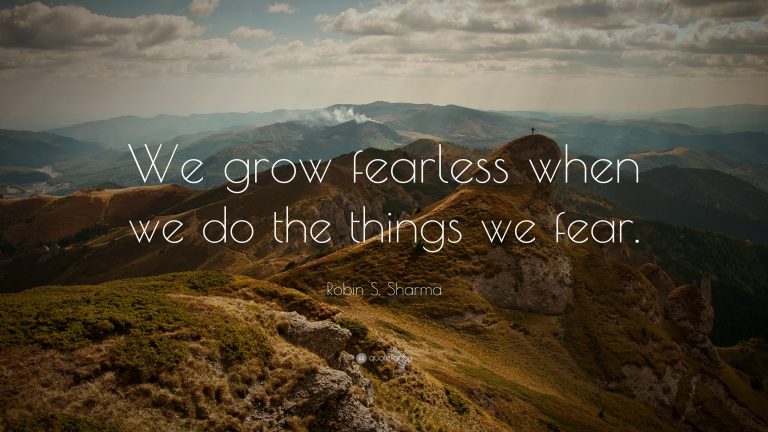
4. He has been ranked as one of the Top 5 Leadership Gurus in the World in an independent survey of over 22,000 business people and appears on platforms with other luminaries such as Richard Branson, Bill Clinton, Jack Welch and Shaquille O’Neill.
5. Robin Sharma is one of the world’s premier speakers on Leadership and Personal Mastery. As a presenter, Sharma has the rare ability to electrify an audience yet deliver uncommonly original and useful insights that lead to individuals doing their best work, teams providing superb results and organizations becoming unbeatable.
6. According to him, fear ruins more bright lives than you might imagine. Each of us, by virtue of our very human nature, has the potential to Lead Without Title and achieve great things that elevate everyone around us by our model of possibility. But the chattering voice of fear in our heads stops us from playing big.
7. He loves the word leadership. It makes him think of Mandela and Gandhi. Gates and Edison. Mozart and Beckham. Bono and Bieber. It’s a word that he has been passionately building the past 20 years of his life around, reminding so called ordinary people that they are called to lead. And create. And contribute. And win.
8. According to him, the job of a leader is to grow more leaders. “If you’re not building more leaders, then you’re not leading, you’re following. Your job (regardless of whether or not you have a title) is to help people do work they never dreamed they could do. Your job is to inspire people to own their talents, express their gifts and do the best work of their lives. That’s part of what it truly means to lead”.
9. One of the quotes that changed his life is: “I learned this, at least, by my experiment: that if one advances confidently in the direction of his dreams, and endeavors to live the life which he has imagined, he will meet with a success unexpected in common hours.” – Henry David Thoreau, Walden: Or, Life in the Woods.
10. Sharma believes that one should make time every day to reconnect to his / hers highest ideals and boldest dreams. Without hope, people perish.



